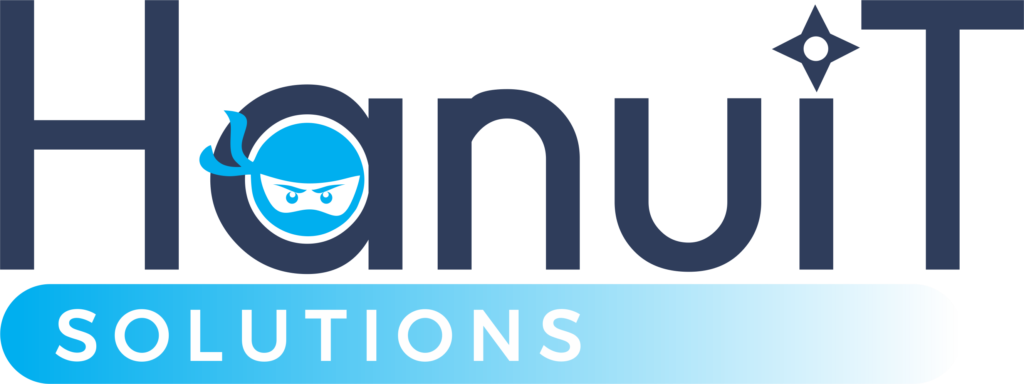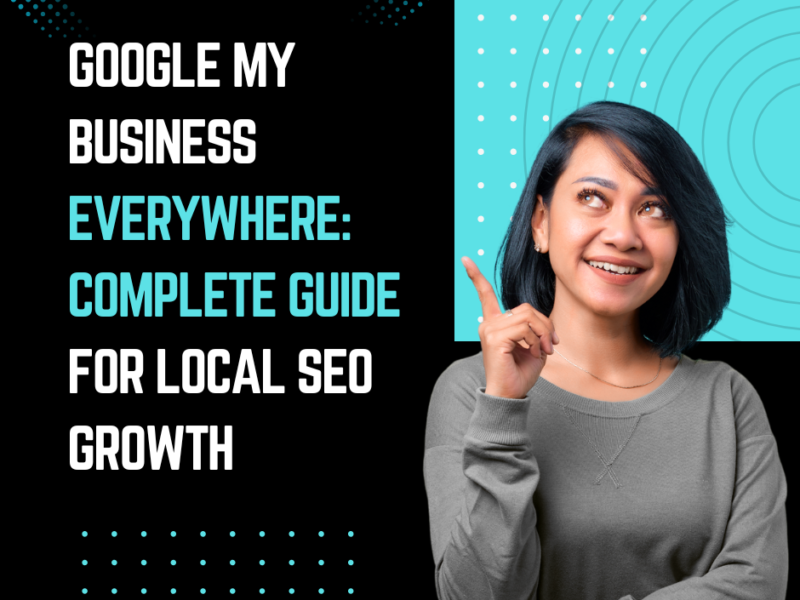SEO for Online Courses: How to Rank Higher and Get More Enrollments
Online courses have become a booming industry, with millions of learners turning to the Internet to acquire new skills and knowledge. If you’re an online course creator, standing out in this competitive market can be challenging. The key to gaining visibility and driving more enrollments lies in mastering Search Engine Optimization (SEO) for online courses.
In this guide, we’ll explore actionable strategies to help your courses rank higher on search engines, attract more traffic, and ultimately boost enrollments.
Learn how to boost visibility for your online courses with SEO! This comprehensive guide covers everything from keyword research and on-page optimization to creating high-quality content and building backlinks. Whether you’re a course creator or a platform owner, discover proven techniques to rank higher on Google, attract the right audience, and increase e
Understanding the Importance of SEO for Online Courses
SEO for online courses is more than just adding keywords to your content. It’s about creating an optimized experience that aligns with what potential learners are searching for. Search engines like Google prioritize user intent, so understanding your audience’s needs is key to ranking higher and getting more enrollments.
Here are some reasons why SEO matters for online courses:
- Increased Visibility: Higher rankings mean more people will discover your course.
- Higher Credibility: Ranking on the first page of search results builds trust among users.
- Cost-Effective Marketing: Organic traffic is free, reducing your reliance on paid ads.
Step-by-Step Guide to SEO for Online Courses
Keyword Research: The Foundation of SEO for Online Courses
Effective keyword research is crucial for optimizing your course content. Start by identifying what your target audience is searching for. Tools like Google Keyword Planner, SEMrush, and Ahrefs can help you discover high-volume and low-competition keywords.
Key Steps in Keyword Research:
- Identify Primary Keywords: Focus on phrases like “best online Python course,” “digital marketing certification,” or “SEO for Online Courses: How to Rank Higher and Get More Enrollments.”
- Explore Long-Tail Keywords: These are more specific phrases such as “beginner-friendly Python programming course.”
- Analyze Competitor Keywords: Study the keywords used by successful competitors and incorporate them strategically.

On-Page SEO Strategies
Optimizing your course landing page is essential for improving its search engine ranking. Here’s how:
- Optimize Title Tags and Meta Descriptions:
- Ensure your primary keyword appears in the title tag and meta description.
- For example, “SEO for Online Courses: How to Rank Higher and Get More Enrollments” could be your title tag.
- Use Headings Effectively:
- Structure your content with H1, H2, and H3 tags.
- Include your primary and secondary keywords in these headings.
- Optimize Images:
- Use descriptive file names and add alt text with relevant keywords.
- Compress images to ensure faster page loading.
- Internal and External Links:
- Link to other relevant content on your site.
- Include authoritative external links for additional credibility.
- Improve Content Quality:
- Write comprehensive, engaging, and value-driven content.
- Address common questions or challenges your audience may have.
Content Marketing for SEO Success
Creating valuable content beyond your course landing page can drive more traffic and boost your SEO efforts.
- Start a Blog:
- Write articles on topics related to your course.
- Example: “5 Tips for Learning Python Online” or “How to Excel in Digital Marketing.”
- Create Video Content:
- Platforms like YouTube can significantly enhance your visibility.
- Optimize video titles and descriptions with relevant keywords.
- Leverage Social Media:
- Share your content across platforms to attract more visitors.
- Engage with your audience to build a community.
- Publish Case Studies or Testimonials:
- Showcase success stories from students who took your course.
Technical SEO for Better Rankings
Technical SEO ensures your website is easy for search engines to crawl and index.
- Mobile Optimization:
- Ensure your website is mobile-friendly, as most users access the internet via mobile devices.
- Page Speed:
- Use tools like Google PageSpeed Insights to identify and fix performance issues.
- Secure Your Site:
- Install an SSL certificate to make your site HTTPS-secured.
- Fix Broken Links:
- Use tools like Screaming Frog to identify and correct broken links.
Also read: Enhancing School or Institution Listings with Google My Business Tools
Building Backlinks to Enhance Authority
Backlinks from reputable websites signal to search engines that your content is valuable. Here’s how to build quality backlinks:
- Guest Blogging:
- Write guest posts for authoritative blogs in your niche.
- Collaborate with Influencers:
- Partner with influencers to share your course link.
- Engage in Forums:
- Participate in discussions on platforms like Reddit or Quora and link to your course where relevant.
- Create Shareable Content:
- Infographics, ebooks, and research reports are excellent for earning backlinks.
Tracking and Optimizing Your SEO Performance
SEO is an ongoing process. Use analytics tools to track your performance and make necessary adjustments.
- Google Analytics:
- Monitor traffic, bounce rate, and user behavior.
- Google Search Console:
- Check for indexing issues and analyze search queries.
- A/B Testing:
- Experiment with headlines, CTAs, and layouts to see what works best.
FAQ
What is SEO for online courses?
SEO for online courses involves optimizing your course website and content to improve its visibility on search engines, making it easier for potential students to find and enroll in your course.
How do I find the right keywords for my course?
Use keyword research tools like Google Keyword Planner, SEMrush, or Ahrefs to discover high-volume, low-competition keywords related to your course topic.
How long does it take to see results from SEO?
SEO is a long-term strategy. While you may see minor improvements in a few weeks, significant results can take 3-6 months or more.
Is blogging necessary for SEO success?
While not mandatory, blogging helps establish authority, drives traffic, and improves rankings for your course website.
How can I measure the success of my SEO efforts?
Use tools like Google Analytics and Google Search Console to monitor traffic, keyword rankings, and user engagement.
Conclusion
SEO for online courses is a powerful way to rank higher in search engine results and attract more enrollments. By focusing on keyword research, creating high-quality content, and optimizing your website, you can significantly improve your course’s visibility. Remember, SEO is an ongoing process, so stay updated with the latest trends and continuously refine your strategy. With persistence and the right techniques, your online course can achieve the visibility and success it deserves.








